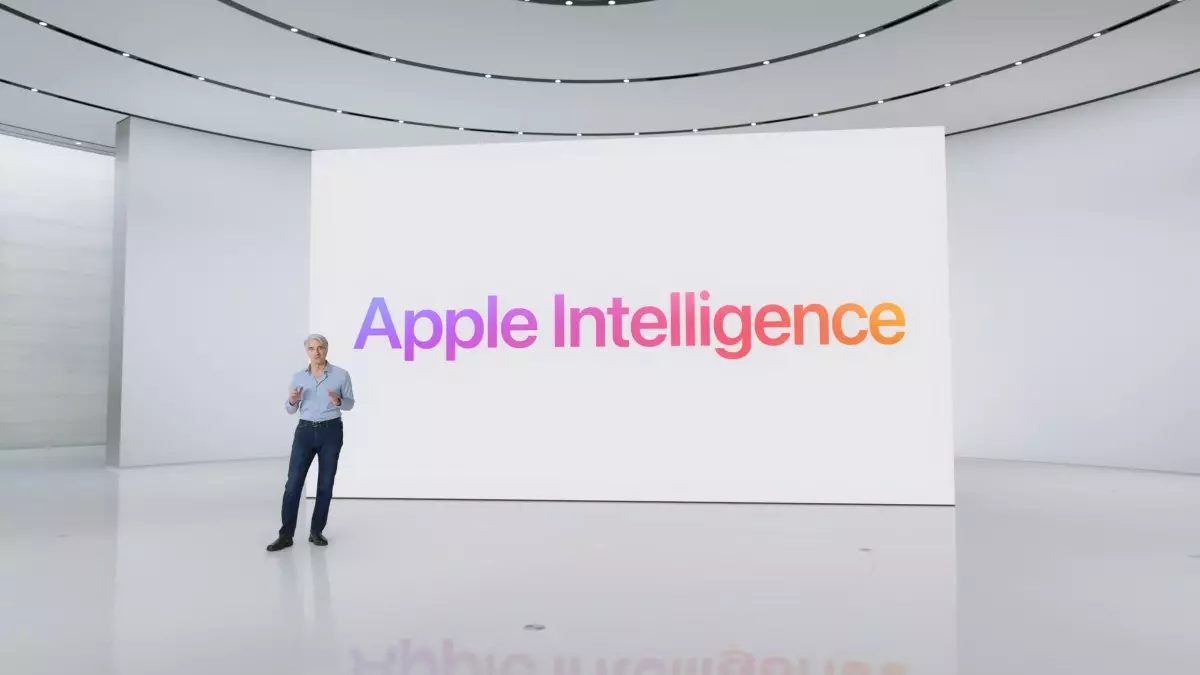When Apple showcased its AI plans during WWDC earlier this year, expectations were high for the potential impact on the upcoming iPhone 16 release. Analysts speculated that the introduction of Apple Intelligence could lead to another “supercycle” akin to the 5G upgrade surge. However, as the company gears up to unveil the iPhone 16 at the “It’s Glowtime” event, concerns have arisen regarding the slow rollout of Apple Intelligence and its implications on the device’s success.
Despite Apple’s commitment to prioritizing user experience and enhancing existing features through generative AI, the slow pace of Apple Intelligence’s deployment is raising alarm bells. Industry experts believe that the promises made during WWDC may not materialize until 2025, potentially impacting the bottom line of the iPhone 16. Moreover, regional limitations, particularly in the EU and China, pose significant roadblocks that could hinder the success of Apple Intelligence and the device’s sales in key markets.
Apple’s foray into generative AI has sparked speculation about its ability to compete with established players like Google Gemini and OpenAI’s ChatGPT. While WWDC featured impressive demonstrations of Apple Intelligence, there is a consensus that the company still has ground to cover to establish itself as a leader in the field. Integration with ChatGPT, a key feature that could enhance user experiences, is not expected to be available at launch, further complicating Apple’s AI strategy.
At present, only the iPhone 15 Pro and Pro Max models are equipped to run Apple Intelligence, underscoring the exclusivity of the feature. However, tomorrow’s event is slated to expand compatibility to a broader range of devices, potentially signaling a more uniform experience across the iPhone 16 line. Rumors suggest that the base models will be powered by A18 chips, while the Pro models will receive the upgraded A18 Pros chip. This shift in hardware compatibility could have significant implications for user adoption and the overall success of Apple Intelligence.
While sales projections are a crucial consideration for Apple and its stakeholders, the rollout of Apple Intelligence represents a substantial investment in the company’s future. Rushing the feature to market prematurely could have detrimental effects on Apple’s financial performance in the long run, highlighting the importance of a strategic and well-executed deployment plan. As the tech giant prepares to unveil the iPhone 16 and showcase the capabilities of Apple Intelligence, the stakes are high for both the company and consumers eagerly anticipating the next innovation in smartphone technology.


Leave a Reply